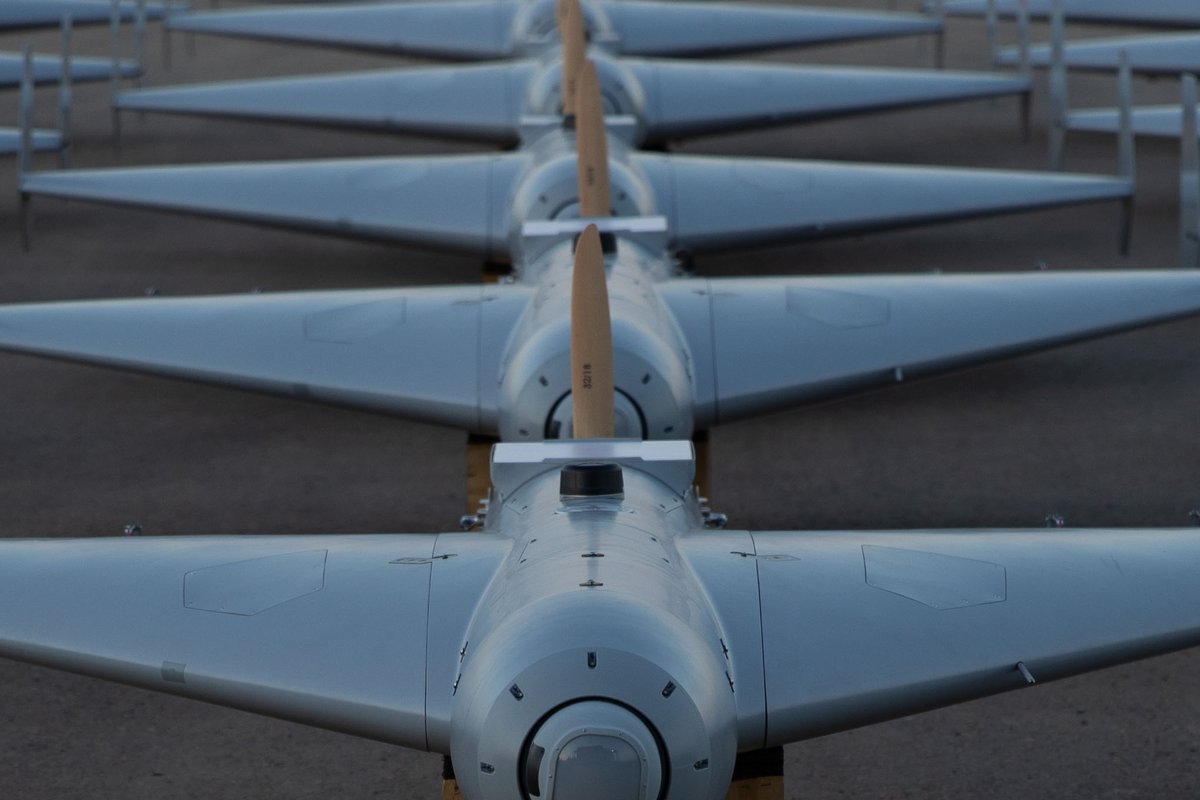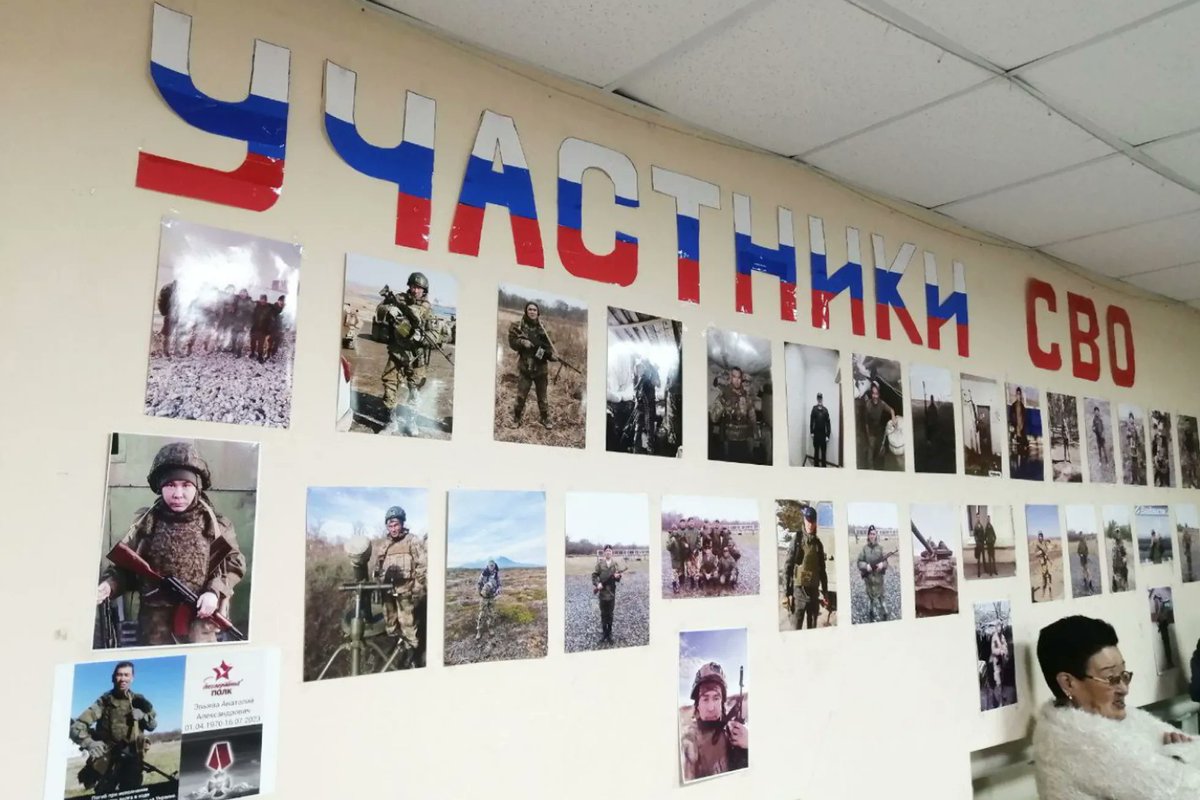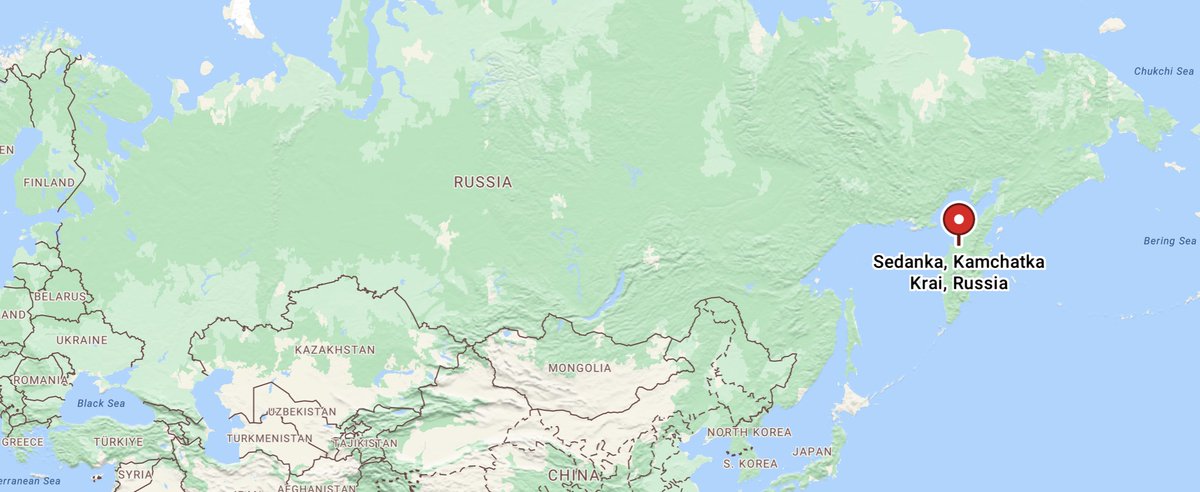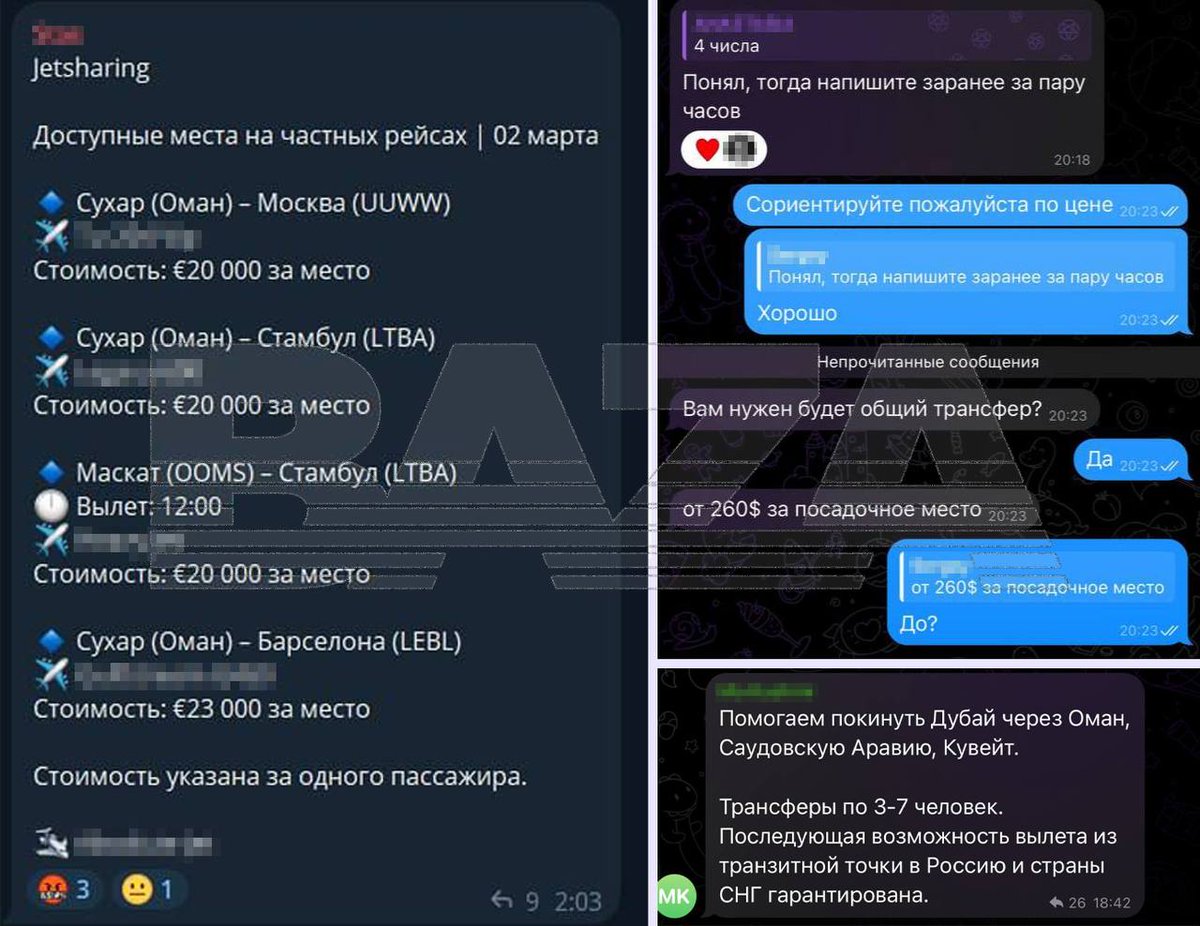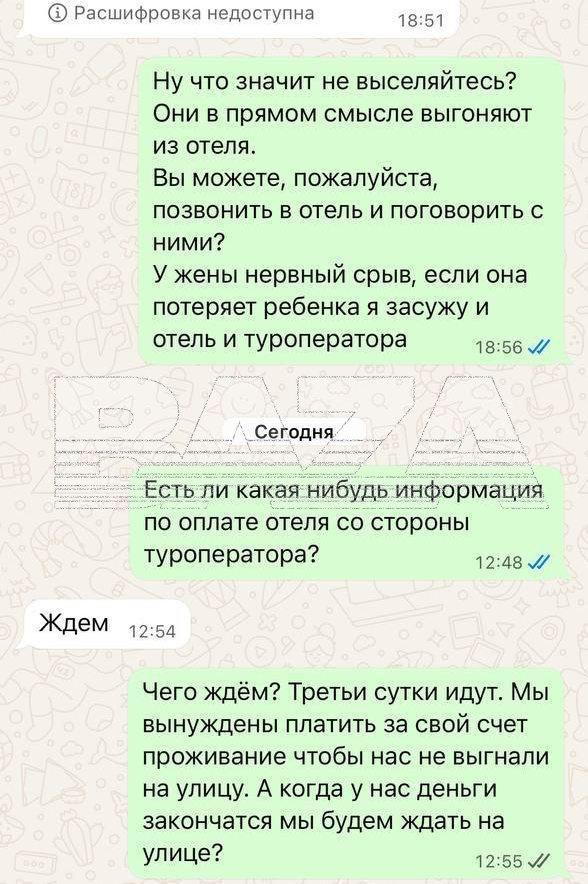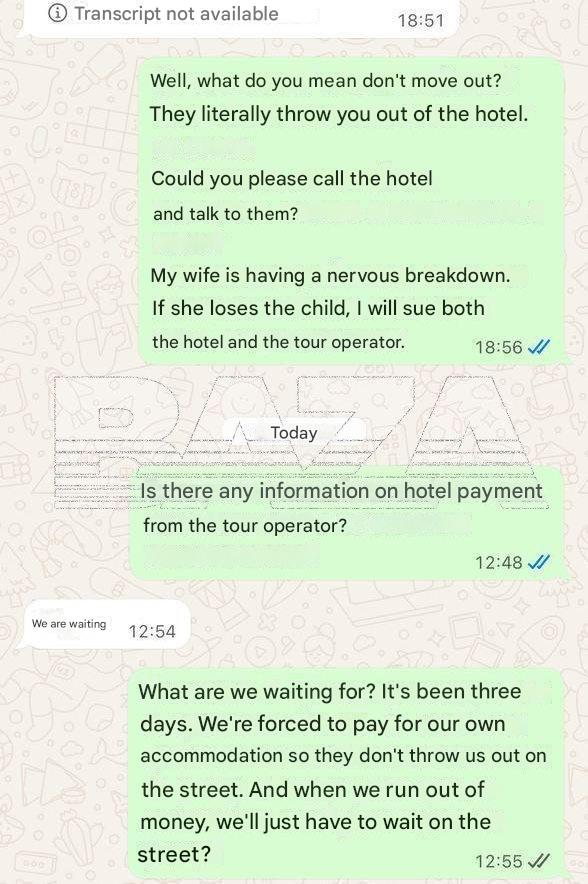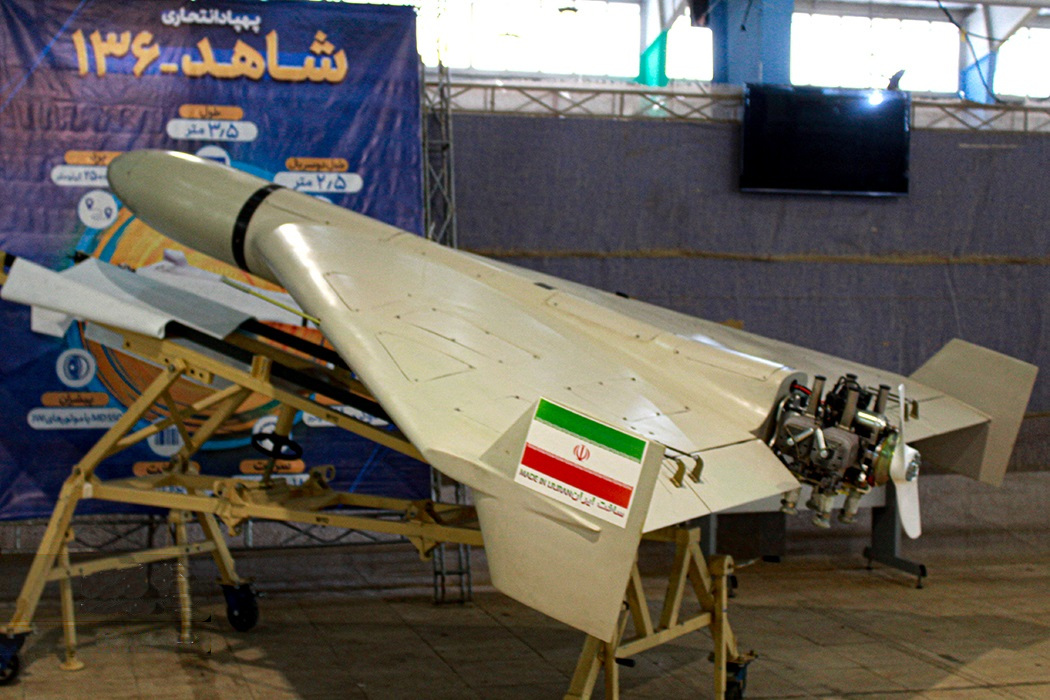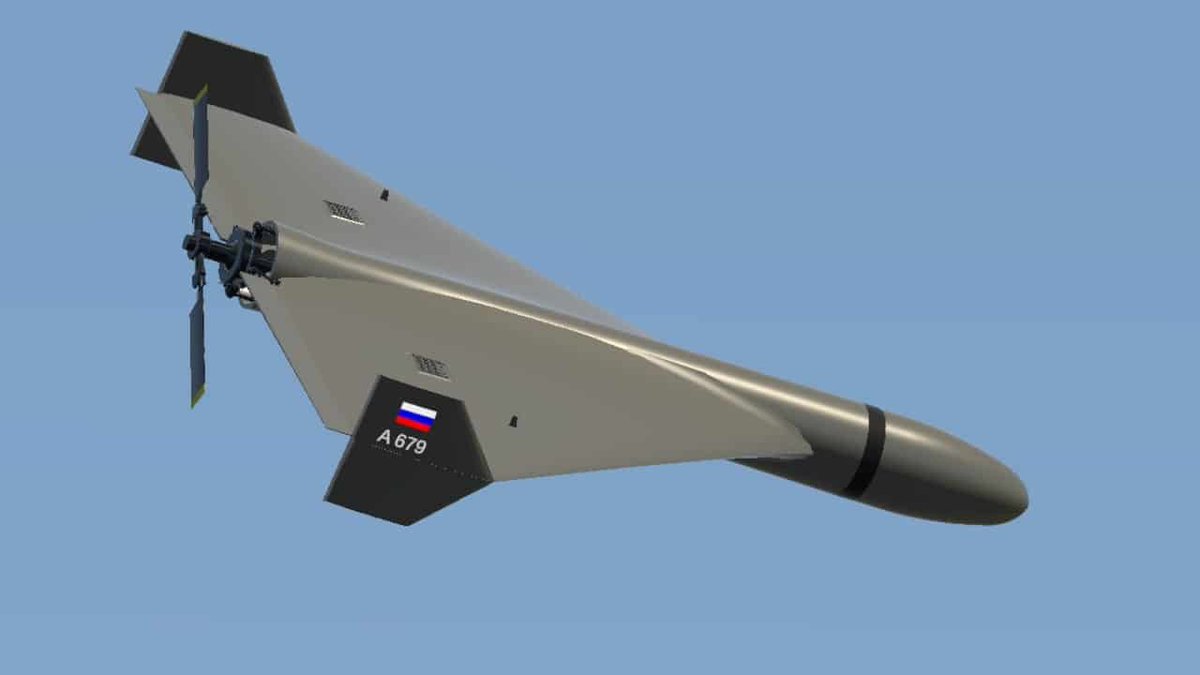1/ A chronic shortage of military vehicles has left the Russian army in Ukraine dependent upon civilian vehicles. This is leading to conflict – sometimes with weapons drawn – between Russian troops and military police, who are trying to confiscate the vehicles. ⬇️ 

2/ Two years of constant artillery and drone attacks have destroyed much of Russia's fleet of military transport vehicles. In their place, volunteers and soldiers themselves have purchased or donated numerous civilian vehicles which are used to transport ammo, supplies and men.
3/ As a result of constant attrition, according to Russian soldiers, a unit which would originally have had five trucks to transport its men now has to rely on around 50 passenger cars. At best, though, it likely only has five or ten, which constantly break down or are destroyed. 

4/ Russian troops rely on civilian vehicles, purchased by themselves or donated. However, the military police have been under orders since 2023 to confiscate unregistered vehicles. Until recently this was not enforced, because it would leave the troops without transportation.
5/ Now, however, new leadership in Russia's military police has ordered a crackdown and they are seizing unregistered vehicles – despite the consequences for the troops, who are furious about the decision and have even more reason than usual to detest the military police.
6/ Russia's military police are widely despised by the troops as "cowardly parasites" who harass ordinary soldiers in the rear areas. They are notoriously corrupt, demanding bribes for minor infractions.
https://x.com/ChrisO_wiki/status/1706714963715235950
7/ According to a Russian milblogger interviewed by Sever.Realii, "Military police always behave like that. They haven’t seen a real war, they can’t even compare in experience with volunteers. They work where it’s almost safe."
8/ "In general, their job is to, for example, catch a drunk soldier before he manages to shoot someone, and then give his commander a dressing down for allowing this to happen."
9/ They impose harsh punishments: as well as imposing fines or demanding bribes, they imprison men in zindans (open-air pits) or make them "hug birches" (tie them to trees) for days. Soldiers require combat orders, known as 'berkas', to go through military police checkpoints.




10/ Andrey, a Russian soldier serving in the occupied part of Ukraine's Zaporizhia region, comments that without one, "[the bastards], for whose sake we’ve gathered here, won’t let him pass [the checkpoint], they’ll give him a slap on the wrist and put him in a pit for ten days." 

11/ The crackdown on vehicles is happening without regard for military efficiency, according to the milblogger. It was prompted by soldiers causing traffic accidents in unauthorised civilian vehicles.
12/ "They are military, but the cars are civilian. A soldier is on the payroll, and the army has to be responsible, but the army has no idea about this vehicle.
13/ "The military police sees these situations, but they don't see how the same vehicles carry ammunition – you don't send five boxes of ammunition to the front line on a lorry under drones. And so in their eyes, the military's personal vehicles are a detriment.
14/ "And it is not customary for them to argue with orders, and to put a soldier in a zindan is a tick in the box, just like the cops do in the civilian world."
15/ Andrey, the soldier, points out that "only stupid orders like this are accepted for implementation, but orders to provide the troops with everything they need are not."
16/ "I understand if there were a lot of military vehicles, and we would use all kinds of old Ladas and Mercs to go for a ride with women, but no."
17/ He is angry that the military police pay more attention to Russian soldiers than to the disloyal Ukrainians in occupied cities such as Melitopol, where he says that "normal filtration measures were not carried out there."
18/ "They simply changed the flags, and everyone continued to live as they live. It seems to me that this contradicts the basic concept of security." Andrey says that he experiences "contempt and hatred" from "waiters" – people awaiting liberation by Ukraine. 

19/ "Well, for example, I don't get cocky, I don't assert my rights and so on, but I still encounter contempt and hatred. Someone speaks the [Ukrainian] language on principle. This is a clear 'waiter', but what can I do to him, I won't drag him to the FSB for a sideways glance." 

20/ Instead, he says, the military police harass ordinary soldiers even to the point of endangering their lives. A month ago, they tried to confiscate the vehicles in which his unit's medical company transports wounded soldiers (known as '300s'). As one of the company explains:
21/ "We have two ‘loaves' [UAZ vans], which we use to transport the 300s. Volunteers from Arkhangelsk gave us these loaves, they just gave them to us, we didn't pay them anything. The staff cars died a long time ago. 

22/ "We still have them, but they have to be repaired after every trip, and it's not clear whether they will stop halfway through. New cars are reliable, and on staff cars we go to the city to buy medicines, which we need to replenish quickly.
23/ "And in July, the military police showed up at our door. They said they had orders to take everything, that it was unaccounted for. We sent them away and they left."
24/ The military police returned soon afterwards with a senior officer and a vehicle armed with a machine gun, and demanded the medical vehicles at gunpoint. The soldiers fobbed them off with the story that their commander was away on a mission and would need a written order.
25/ "We said that we would give them everything, but please give us a written order and come back in the evening. They seemed to calm down, and we started thinking and came up with the idea of breaking the vehicles so that they wouldn’t move, and we could easily fix them later.
26/ "In short, we just took out the spark plugs, replaced them with old ones, one by one. Anyway, these guys arrived, but, by the way, without a written order. We said 'okay, take them.' They couldn’t start the vehicles."
27/ The troops say that they are only using civilian vehicles because they lack any army-supplied alternatives. "You understand, we wouldn't need civilian cars if we had our own. Because a regular 'loaf' is not equipped with anything, you can't support it officially,...
28/ ...that is, we buy gasoline ourselves, we repair and assemble everything inside so that we can provide assistance ourselves. The issued staff cars are better equipped and more comfortable, but they have one drawback: they don't drive at all!"
29/ Andrey notes that the Russian army is not replacing its huge losses of vehicles, leaving soldiers stuck. "How many vehicles have we already had destroyed, combat ones I mean? For every ten lost, they replenish us with one. Well, here we are, sitting without transport." 

30/ The military police attempted to confiscate his own unit's vehicles – a UAZ and an old Mercedes and Lada purchased from local people. When the military police turned up to confiscate them, one of Andrey's soldiers turned an APC's machine gun on them.
31/ "He said to them: 'If you don't leave now, I will [kill] you. We don't even have to roll out the BTR, I'm going to sit in the turret, turn the cannon round and [shoot] at you.' 

32/ "They were stunned, but I don't think they believed him, and he just turned round and went to open the BTR. The MPs jumped into the car and drove away.
33/ "Our daredevil came back, laughing, and I told him: 'Woodpecker [machine gunner], they'll be back with reinforcements right away.'" In the end, the MPs didn't come back, but only filed a complaint against the troops.
34/ A Russian military expert notes the futility of the military police's crackdown: "As for these cars, almost all the passenger cars that are currently in the hands of the Russian military were bought by them with their own money and handed over by volunteers.
35/ "If they all are taken away, the first question, of course, is where to put them, and secondly, let them be ready to hear a report on the failure to complete a combat mission: previously, they used a passenger car for reconnaissance, but now there is no reconnaissance.
36/ Well, of course, in general, such an approach does not really help to raise morale: you do not give us anything, we buy it ourselves, so you take it away!" /end
Source:
severreal.org/a/gotovy-razve…
Source:
severreal.org/a/gotovy-razve…
• • •
Missing some Tweet in this thread? You can try to
force a refresh


